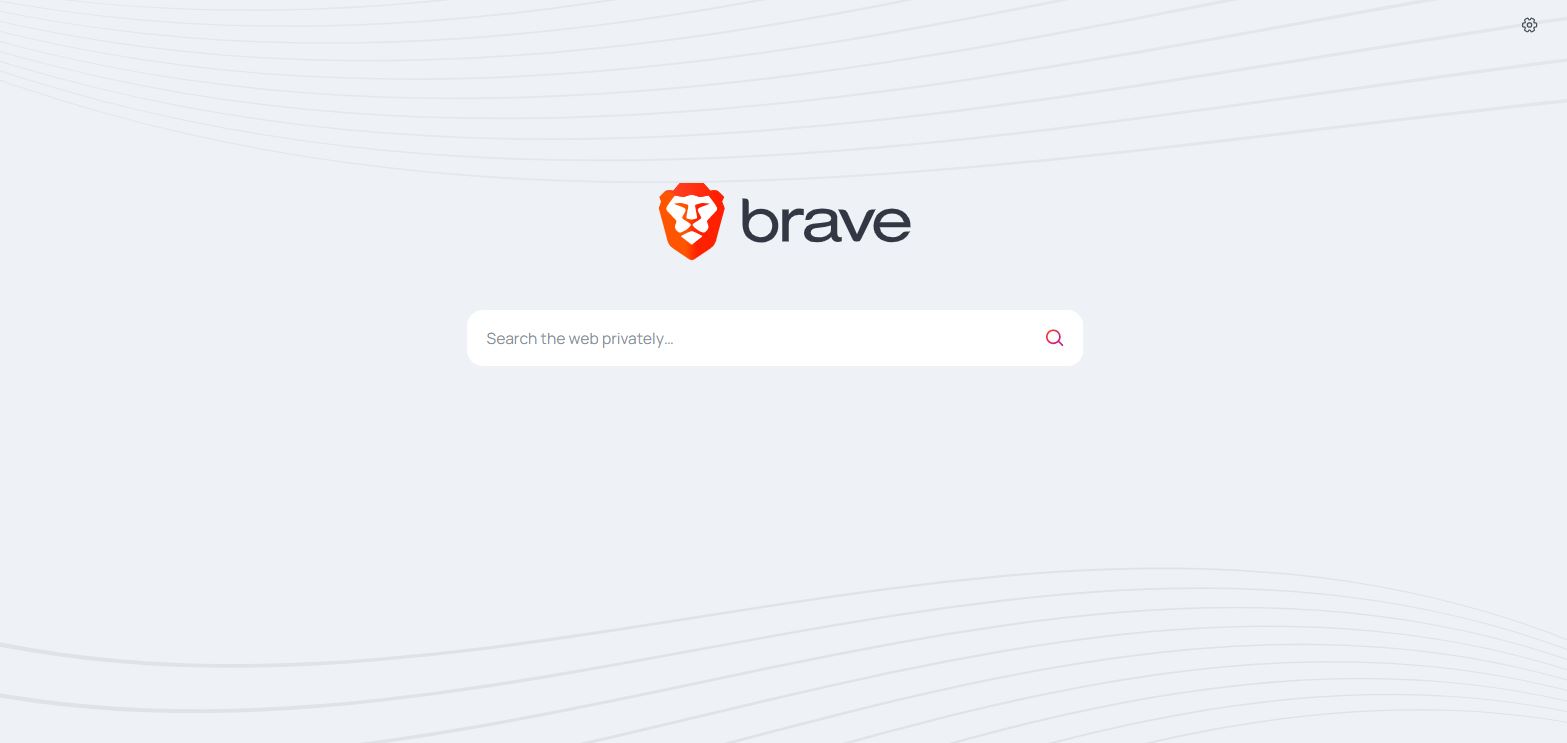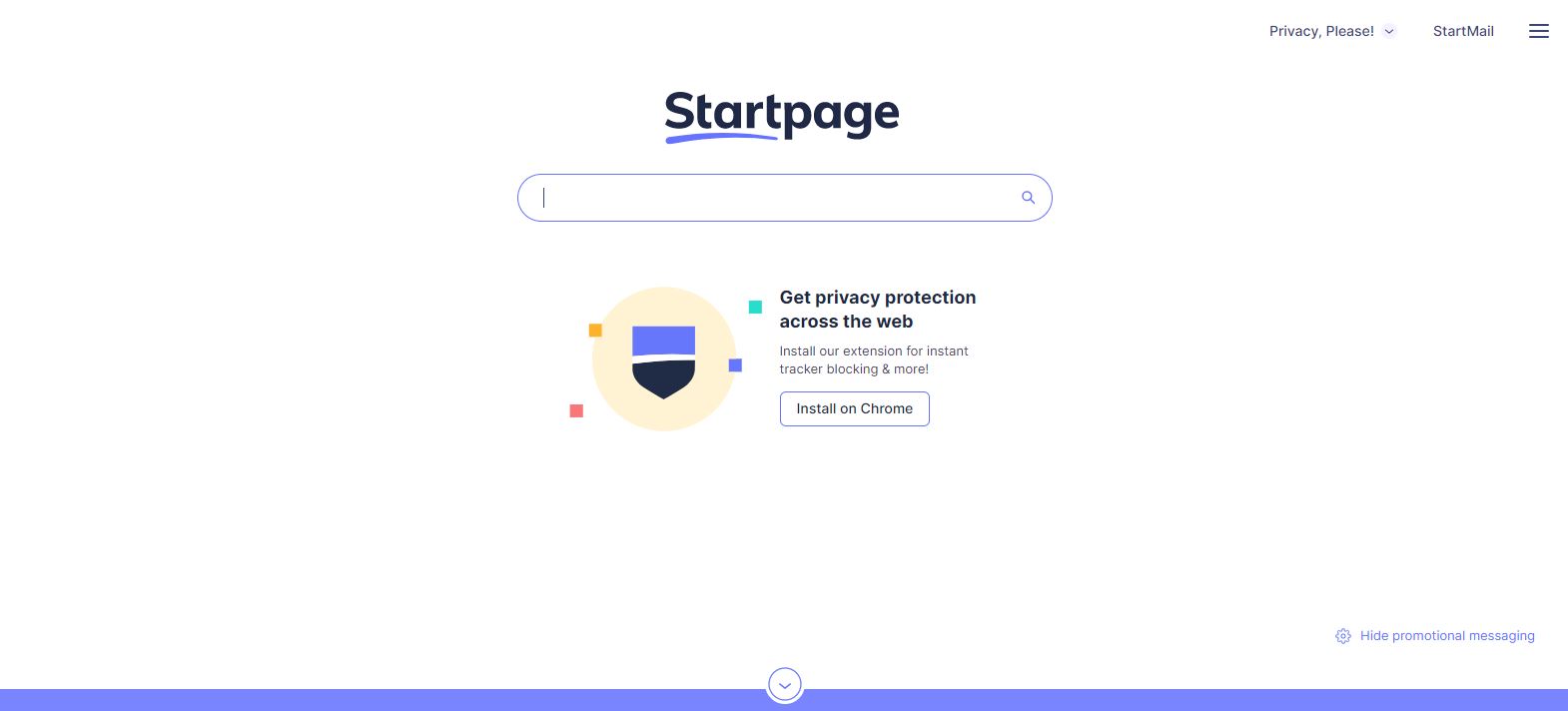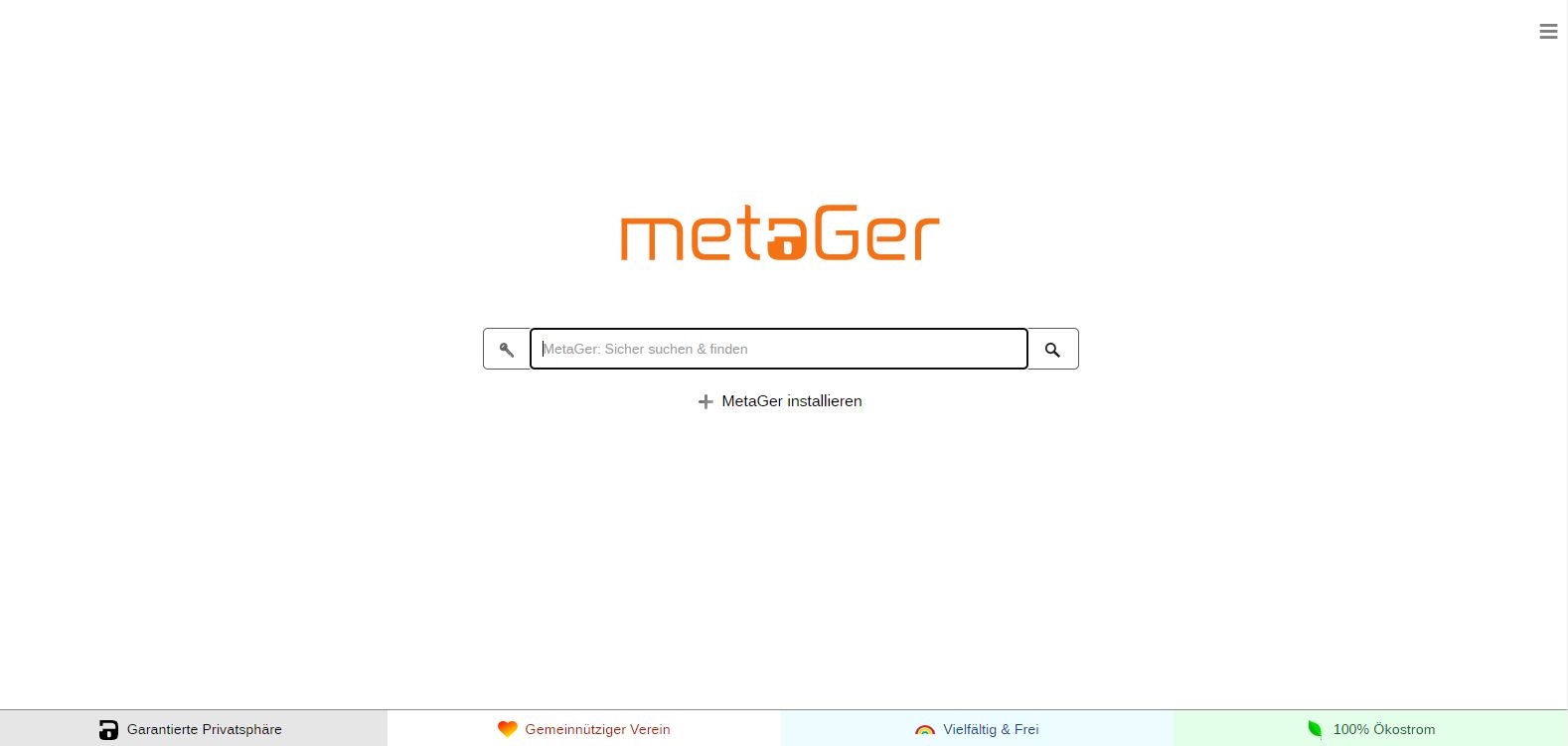Having Google and its browser Google Chrome be the leading search engine on the market created some privacy risks for their users. We all know that Google, as an advertising company uses the data from its users to sell highly targeted ad space, gaining massive profit along the way.
And although you as a user can change certain preferences to minimize Google’s tracking of your data, it does not prevent them from still collecting the all-important advertising data. To fully block Google from tracking your activity, you should switch to a non-tracking search engine.
These search engines provide you with the same quality results without collecting and using your data for any purposes, let alone for advertising. No matter the method used to give you search results, these browsers do it without exposing your identity and collecting your activity and data. Here are some of the best no-tracking search engines.
1. Brave Search

Aside from creating a private browser, Brave has also created a private search engine. It does not track you or your searches. Brave also serves results from an independent index of the web.
This allows them to serve uncensored results while providing transparent rankings. Every search result page shows the independence metric, a measurement of media from the Brave index compared to other sources such as Google and Bing.
2. DuckDuckGo

Just like Brave, DuckDuckGo does not create user profiles, which ensures the same search results are always the same for all users. Keep in mind that DDG uses Bing search and depends on it to display search results which may cause some unsatisfactory Bing results to appear in DDG also.
All things considered, DDG is safe to use. With more than 100 million daily search queries in 2021., it is one of the biggest search engines available. Search results are collected from 400 sources as well as their crawler. DDG earns money via Microsoft Advertising (which does not use your data) and affiliate contracts with eBay and Amazon.
3. Startpage

The main advantage of the Startpage browser compared to other browsers is that they use Google’s search index, which provides results very similar to Google. Even though it uses Google’s results, Startpage does not participate in data collection.
Having their headquarters in the Netherlands, they operate under very strict EU privacy laws. They do show ads which is the main source of revenue. However, they do not use user profiles to generate ads but rather search queries.
4. MetaGer

MetaGer is a part of SuMa-eV, a non-profit organization based in Germany. They allow users to search with the highest privacy without leaving any footprints. It integrates a proxy server which provides the possibility to open any link anonymously without exposing your IP address to the destination.
They have their crawlers and indexers, but they mainly query around 50 other search engines, with the majority of results coming from Bing. This software is open source, and anyone can view to code behind it.
Conclusion
Just like browsers, search engines can also track your search history. To prevent this from happening, you should use a no-tracking search engine. Do not forget that Google, although dominating the scene, is not the only search engine available.
If you want to keep track of your data and prevent it from going into the wrong places, there is a solution. The above-listed search engines are very good options to consider, and they offer very good privacy and great search results. Keep in mind that you have to have good habits to maintain good privacy online.
